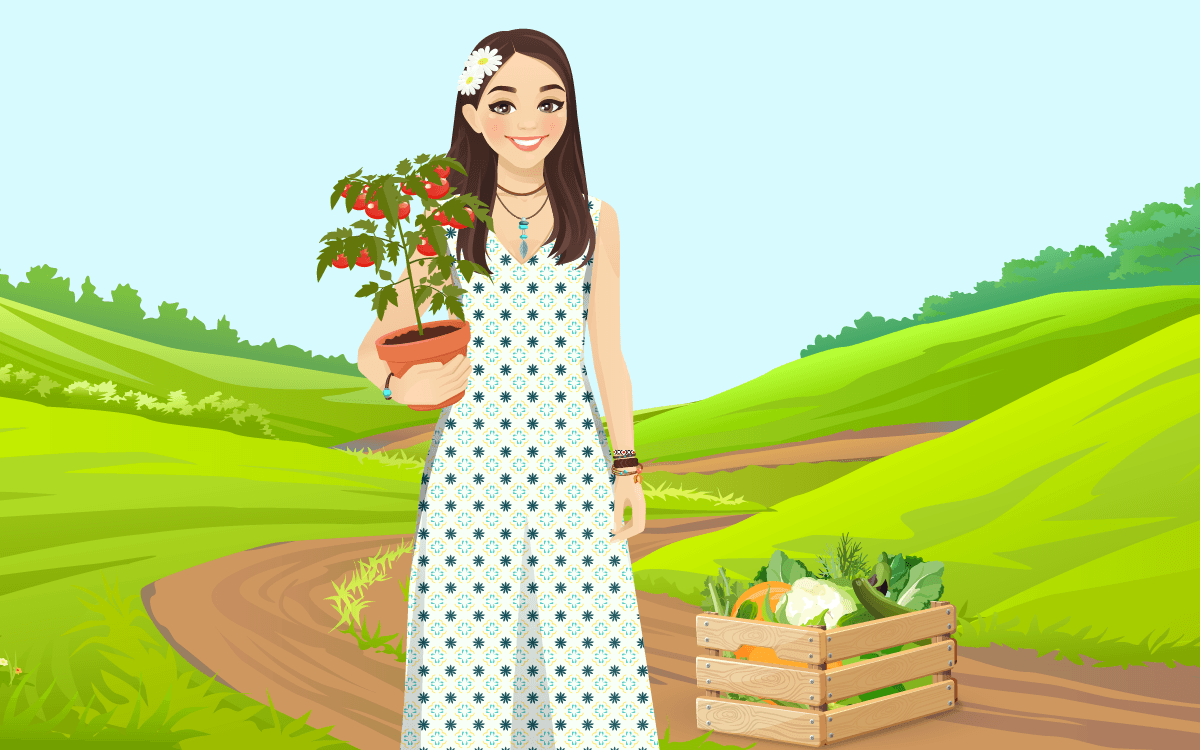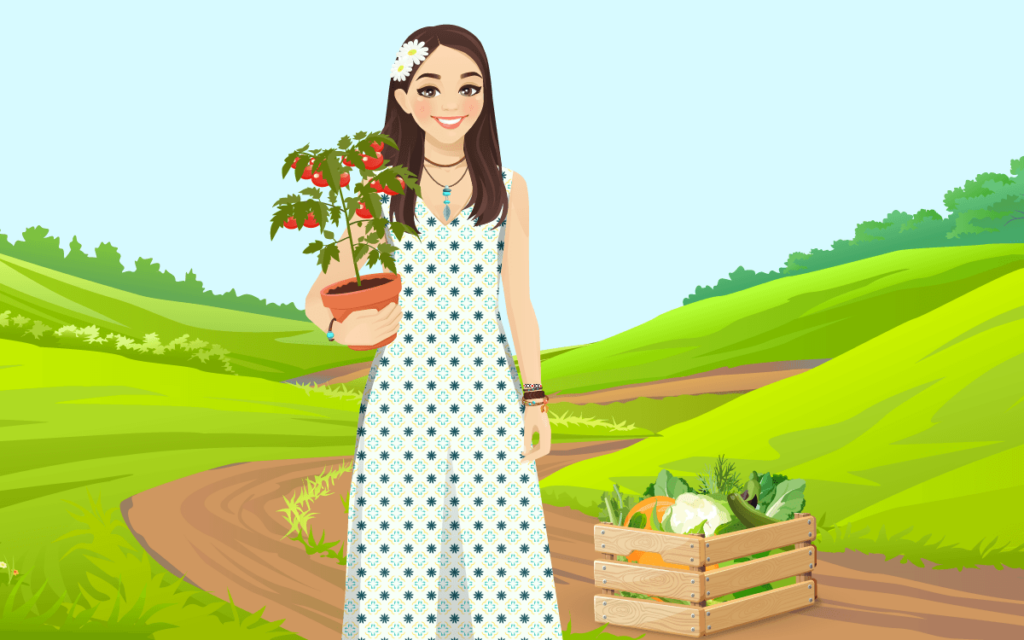new to the gluten free journey?
new to the gluten free journey?

Contents
Toggle For those who prefer a plant based diet, you may be wondering whether you can combine a gluten free diet with a vegan diet. So we are exploring this question:
For those who prefer a plant based diet, you may be wondering whether you can combine a gluten free diet with a vegan diet. So we are exploring this question:
Stay up-to-date with the latest articles, tips, recipes and more.

*These statements have not been evaluated by the Food and Drug Administration. This product is not intended to diagnose, treat, cure or prevent any disease.
If you are pregnant, nursing, taking medication, or have a medical condition, consult your physician before using this product.
The entire contents of this website are based upon the opinions of Peter Osborne, unless otherwise noted. Individual articles are based upon the opinions of the respective author, who retains copyright as marked. The information on this website is not intended to replace a one-on-one relationship with a qualified health care professional and is not intended as medical advice. It is intended as a sharing of knowledge and information from the research and experience of Peter Osborne and his community. Peter Osborne encourages you to make your own health care decisions based upon your research and in partnership with a qualified health care professional.
2 Responses
I am vegan and gluten free and am free of all diseases checked by doctors all the time with my vitamin levels, mental health, and also checked for drugs and alcohol which I also dont do.
I too am coeliac (so gluten free) and vegan. And eating out can sometimes be challenging especially when visiting other countries, but the challenge is more from those with you who are just coeliac or vegan and not both and the lack of vegan combined with gluten free cake options 🙂